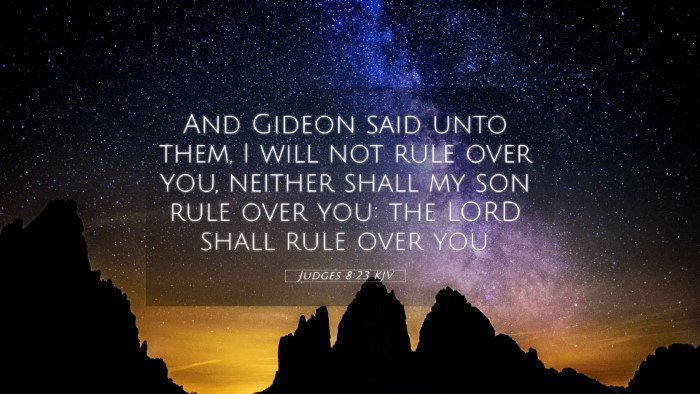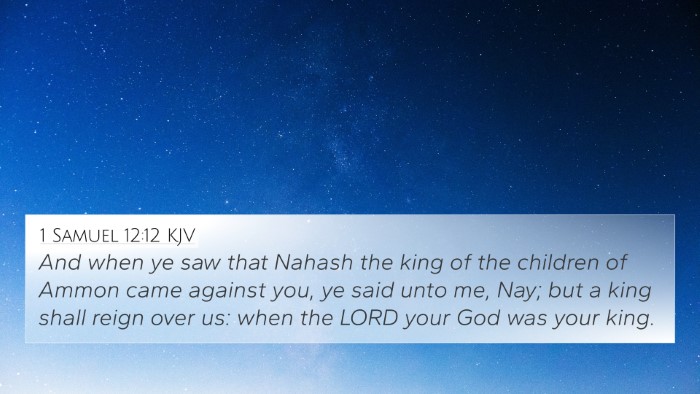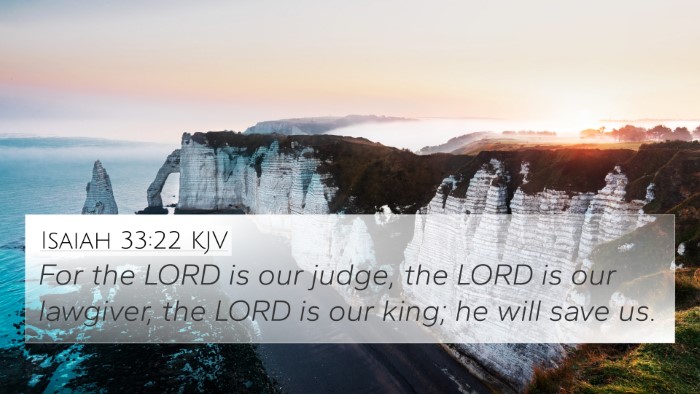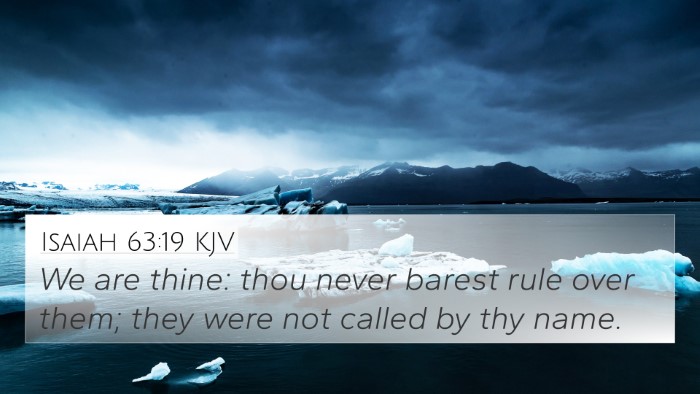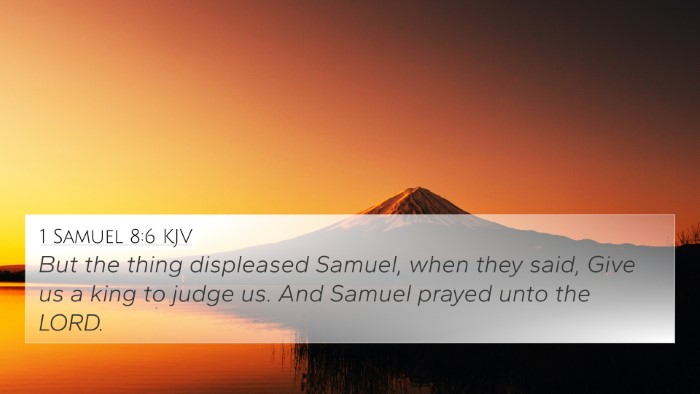Understanding Judges 8:23
Judges 8:23 states: "But Gideon said to them, 'I will not rule over you, nor shall my son rule over you; the LORD shall rule over you.'
This verse comes at a pivotal moment in the biblical narrative following Gideon's successful defeat of the Midianites. It echoes themes of divine authority and the rejection of human kingship. Below, we examine the meanings and implications of this verse through the lenses of various public domain commentaries.
Commentary Insights
-
Matthew Henry:
Henry emphasizes that Gideon, despite his leadership and victory, recognized that the true sovereignty belongs to God. By rejecting the offer to rule, he pointed the Israelites back to their relationship with the Lord, reinforcing the idea that God is their ultimate king. This act holds deep significance as it aligns with Israel's covenant identity.
-
Albert Barnes:
Barnes elaborates on Gideon’s refusal to accept authority by highlighting the fundamental difference between human rulers and divine governance. He points out that Gideon’s leadership was never intended to supplant the Lord’s role in Israel. This moment serves as a reminder that earthly authority must always acknowledge God’s supremacy.
-
Adam Clarke:
Clarke adds a historical context, explaining that the Israelites faced the temptation of establishing a monarchy akin to surrounding nations. Gideon's response teaches a crucial lesson about maintaining faithfulness to God's law rather than conforming to cultural expectations of kingship.
Key Themes
Judges 8:23 raises important themes relevant for further exploration:
- Divine Authority: Emphasizes the sovereignty of God over human rulers.
- Leadership: Addresses the moral responsibilities of leadership and the dangers of earthly ambitions.
- Faithfulness: Highlights the need for God’s people to remain faithful to divine leadership.
Bible Cross References
This verse can be connected to several other scriptures that explore similar themes and concepts:
- 1 Samuel 8:7: God's response to Israel's demand for a king, showing divine rejection of human kingship.
- Psalm 22:28: "For the kingdom is the LORD’s, and He rules over the nations," reflecting God's ultimate dominion.
- Isaiah 33:22: "For the LORD is our judge, the LORD is our lawgiver, the LORD is our king; He will save us," emphasizing God's role as sovereign.
- John 18:36: Jesus' assertion that His kingdom is not of this world, indicating a spiritual governance over earthly powers.
- Romans 13:1: "Let every soul be subject to the governing authorities," underlining God’s authority in civil governance.
- Revelation 11:15: Depicts the kingdom of God being established, highlighting divine rule as the ultimate conclusion of history.
- Matthew 28:18: "All authority has been given to Me in heaven and on earth," reinforcing the authority of Christ over all creation.
Thematic Connections
In exploring the connections between Judges 8:23 and the listed biblical texts, one can see a cohesive theme regarding:
- God’s Sovereignty: Across both Old and New Testaments, God's rule is emphasized as supreme.
- Human Authority: The scriptures discuss the frailty of human leadership in comparison to divine governance.
- Faith and Obedience: Many verses encourage believers to recognize and obey God's rightful place as ruler.
Cross-Referencing Biblical Texts
Utilizing cross-referencing tools can enhance the understanding of Judges 8:23:
- Employ Bible concordances to find supporting verses that discuss God’s authority.
- Utilize a Bible cross-reference guide for tracing themes from the Old to the New Testament.
- Conduct a cross-reference Bible study to see how this verse relates to the lives of other biblical figures.
Conclusion
Judges 8:23 serves as a profound reminder of the importance of divine rule over earthly authority. The insights from the commentaries reflect the richness of this text and its applicability in the broader narrative of the Bible. By utilizing tools for Bible cross-referencing, believers can deepen their understanding of God’s sovereignty and how it plays out across biblical history.
In summary, the links between this verse and others presented demonstrate the timelessness of God’s message about kingship, authority, and faithfulness. Engaging with scripture through comparative Bible verse analysis allows readers to uncover deeper spiritual truths relevant to their lives today.

